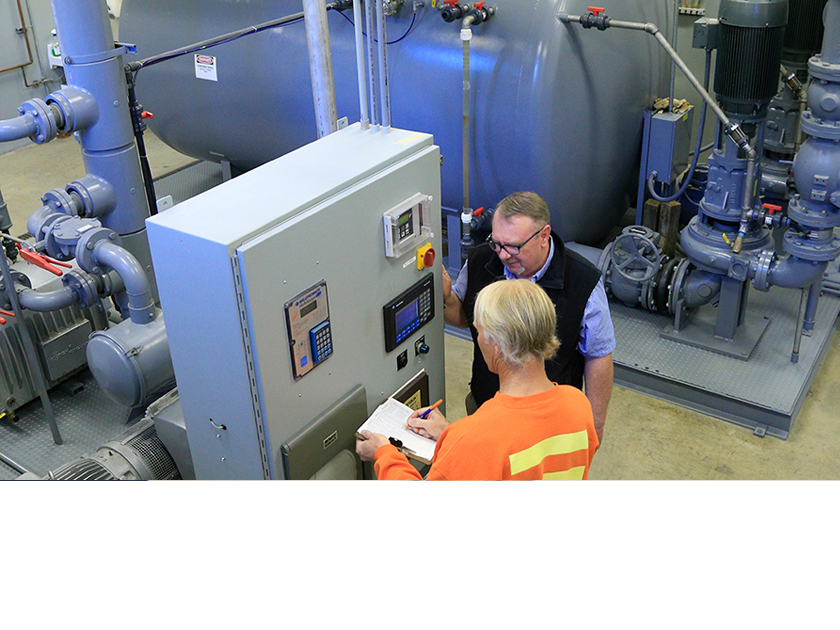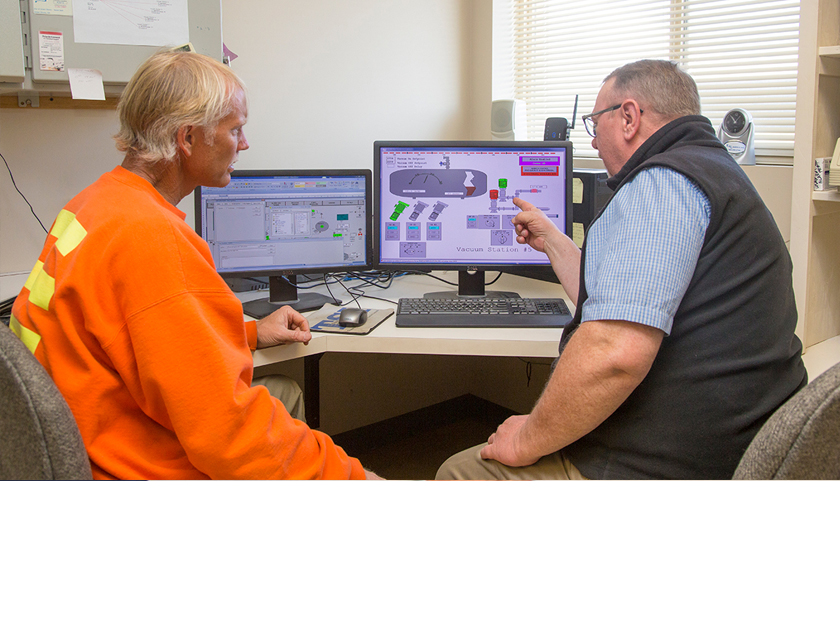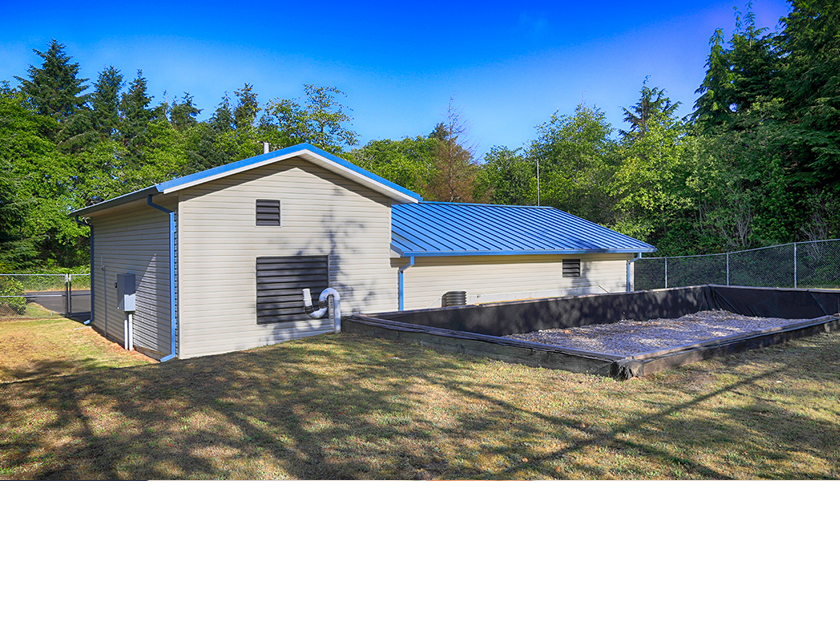The city’s vacuum system is one of the largest in the world, and it’s also mature; most of its components are more than 20 years old and must function in a challenging operational environment. What makes Ocean Shores even more valuable as a sewer system comparison study is that it also has gravity sewer and grinder pump systems to maintain. Like many seaside communities, Ocean Shores began as a collection of mostly vacation homes and campsites. Located about 50 miles west of Olympia, Wash., the small community incorporated in 1970 with a population of about 900. At the time, lot sizes averaged about 7,600 square feet and nearly all had septic sewer systems to handle wastewater.
Its location on the Pacific Ocean encouraged growth and tourism. Up to 8,000 people were in Ocean Shores on summer weekends by the mid 1970's. Predictably, the high concentration of septic tanks and limited wastewater treatment led to a eutrophication problem that showed up as algae bloomed in the area’s many canals and ponds.
In 1980, a consultant recommended gravity sewers be installed throughout the town, but residents were cool to the idea due to the staggering cost estimate: $80-$90 million.
“That was quite a chunk of change,” notes Miles Beach, who recently retired as the city’s waterworks superintendent. “A lot of that cost was to excavate and then repave the streets for collection lines, and install more than 50 lift and pump stations.”


